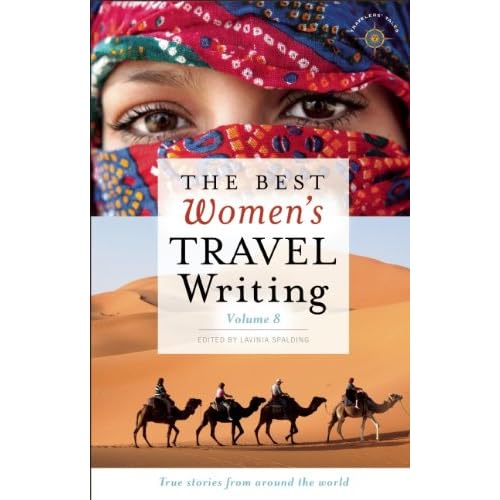This was the tagline that ran through my head my first few weeks living in Hanoi. Which perhaps isn’t most people’s dominant first impression of the city. Which perhaps says a helluva a lot more about me and where I was coming from, my Cambodia goggles, than it did about Hanoi itself.
I’ve been talking a lot to one of my friends here about first impressions of places, whether there’s any clout in them or if they’re all just superficial and uninformed and in the long run say more about the viewer than the place itself. (We’ve reached no verdicts but I’ll get back to you if we do.) Particularly we’ve been discussing the tendency of certain travel writers/memoirists to put places into what feels like a pre-determined box—the exotic romanticism of a place like Hanoi.
For instance, if a writer talks about the smells of “verdant green” and “incense wafting” in Hanoi, it makes you stop and think: “Really dude? Are we talking about the same Hanoi?” (“In Hanoi I just smell trash,” another writer friend said.) It’s like some people have already decided what a place is gonna be like and then goddammit, they go out looking for things that confirm that belief, bolster that vision, and seem to block out every other damn thing that may challenge or contradict their predetermined notions.
Which doesn’t actually tell you a whole lot about Hanoi, but does tell you a lot about the person experiencing Hanoi. For instance: last week I had two friends from Phnom Penh in Hanoi. It was another one of those long weekends that riddle the Cambodian calender like bullet-holes, a great excuse for them to bus-it and plane-it up to Hanoi to soak up some autumn breezes, street food and much-need kick it time.
I miss the hell out of my Phnom Penh friends, so it was great to catch up and roam around playing tourist. But one of the funniest things about my friends visiting was listening to their impressions of Hanoi, cause they were the exact same as mine when I arrived here. Which basically amounted to: “Holy shit, I’m in a developed country!”
Cambodia’s really gotta be one of the few countries you could come to Vietnam from and be impressed with the level of competence, wealth and infrastructure. Every time I saw the garbage collectors when I first came here—a mini-phalanx of women with rubber gloves and masks and UNIFORMS—I wanted to cry. When a xe om driver could read the address of where I was going, I nearly teared up. When my landlord installed a new stove top, with actual gas burners, I instagrammed that shit.
Both of my friends had been to Hanoi before, one more recently than the other, but their remarks were basically the same, including:
“People are so fat here!”
“Wow, a mountain bike!”
“Wow, a city bus!”
“Hanoi is like, a real city.”
“It feels like there’s so much more to explore here.”
“The beef is so good here.”
“People are kinda mean.”
“You can really feel that it’s a middle-income country.”
Comments like that made me feel good, made me laugh a bit too—when we stood on the corner and perused the poncho selection, the ones with the clear plastic in the front so you can put it over the front of your bike and still have the headlight visible (what I call the Teletubby Poncho). “The ponchos here are so nice,” running their fingers over the sturdy plastic. “How come people in Cambodia haven’t thought of this?”
All of which is great cause you hear a lot of bullshit about Vietnam—such as this god-awful post lamenting the deformed beggars (??) and fragile (haha!) Vietnamese women—shit that makes you think, “Are you sure you were in Hanoi and not Phnom Penh? Or did you just decide that Hanoi was gonna be a third-world shitshow and look for examples to confirm this belief? And when you didn’t find enough examples, you invented them?”
When I moved here there was a number of people I met who wanted to Tell Me How It Was In Vietnam. Sigh. I suppose they had good intentions, but it all chalked up to “Vietnam is so crazy!” And I just kept thinking, “Puh-lease. You clearly haven’t seen what I’ve seen.” So much so that I tuned out a lot of the lingering dysfunction and insanity of Vietnam, was so enamored with the functionality that it took me a few months to notice the things that really still weren’t developed.
All of which makes you wonder if you ever really see a place clearly, or if it’s all just an endless shifting of projections, in a Jacob’s Room sense. Which is bullshit—of course you can see a place clearly, it’s just a lot harder to do, takes a lot more thought and insight and care, and maybe only comes in fleeting moments of sensory assault.
Either way, it was great to spend a few days trolling around Hanoi in tourist-mode, seeing it again through Cambodia goggles.















Recent Comments